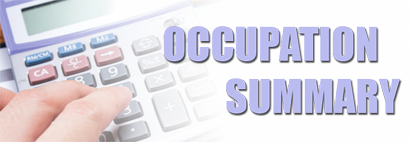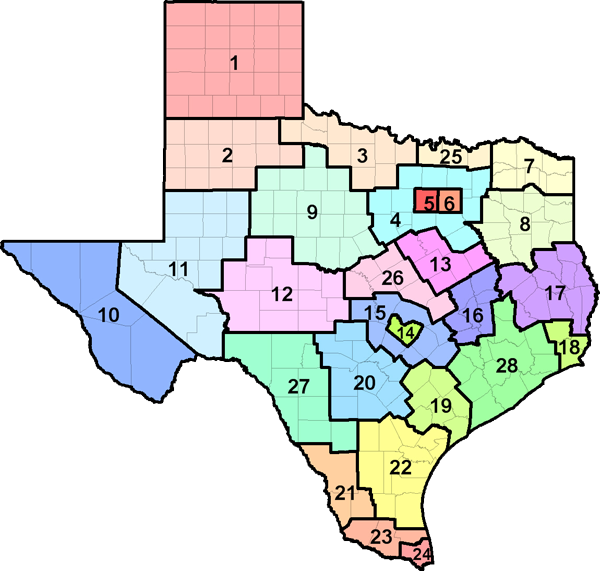The U.S. Department of Labor has developed an automated occupational information database, O*NET, that identifies and describes work content, work skills, and training requirements for all jobs across the country in all sectors of the economy. Much of the occupational information contained in this report is derived directly from the O*NET database, and supplemented with information from the Bureau of Labor Statistics, Census Bureau, and Labor Market and Career Information.

| Industry | % of First-Line Supervisors of Gambling Services Workers employed | Annual Growth Rate |
|---|---|---|
| Traveler accommodation | 28.1 | 0.47 |
| Gambling industries | 17.7 | -1.19 |
| 2024 Statewide average hourly wage | $23.40 |
| 2024 National average hourly wage | $30.10 |

| Region | Employment | Projected Employment 2032 | Projected Annual Openings 2032 |
Annual Growth Rate |
Average Income |
|---|---|---|---|---|---|
| Texas (all regions) |
|
|
|
|
|
| Top 10 Relevant Knowledge Areas | Relevant Importance Levels |
|---|---|
| Customer and Personal Service Knowledge of principles and processes for providing customer and personal services. This includes customer needs assessment, meeting quality standards for services, and evaluation of customer satisfaction. |
|
| Mathematics Knowledge of arithmetic, algebra, geometry, calculus, statistics, and their applications. |
|
| English Language Knowledge of the structure and content of the English language including the meaning and spelling of words, rules of composition, and grammar. |
|
| Administration and Management Knowledge of business and management principles involved in strategic planning, resource allocation, human resources modeling, leadership technique, production methods, and coordination of people and resources. |
|
| Computers and Electronics Knowledge of circuit boards, processors, chips, electronic equipment, and computer hardware and software, including applications and programming. |
|
| Education and Training Knowledge of principles and methods for curriculum and training design, teaching and instruction for individuals and groups, and the measurement of training effects. |
|
| Economics and Accounting Knowledge of economic and accounting principles and practices, the financial markets, banking, and the analysis and reporting of financial data. |
|
| Public Safety and Security Knowledge of relevant equipment, policies, procedures, and strategies to promote effective local, state, or national security operations for the protection of people, data, property, and institutions. |
|
| Sales and Marketing Knowledge of principles and methods for showing, promoting, and selling products or services. This includes marketing strategy and tactics, product demonstration, sales techniques, and sales control systems. |
|
| Personnel and Human Resources Knowledge of principles and procedures for personnel recruitment, selection, training, compensation and benefits, labor relations and negotiation, and personnel information systems. |
| Top 10 Relevant Skill Areas | Relevant Importance Levels |
|---|---|
| Monitoring Monitoring/Assessing performance of yourself, other individuals, or organizations to make improvements or take corrective action. |
|
| Service Orientation Actively looking for ways to help people. |
|
| Active Listening Giving full attention to what other people are saying, taking time to understand the points being made, asking questions as appropriate, and not interrupting at inappropriate times. |
|
| Speaking Talking to others to convey information effectively. |
|
| Critical Thinking Using logic and reasoning to identify the strengths and weaknesses of alternative solutions, conclusions, or approaches to problems. |
|
| Reading Comprehension Understanding written sentences and paragraphs in work-related documents. |
|
| Social Perceptiveness Being aware of others' reactions and understanding why they react as they do. |
|
| Time Management Managing one's own time and the time of others. |
|
| Management of Personnel Resources Motivating, developing, and directing people as they work, identifying the best people for the job. |
|
| Coordination Adjusting actions in relation to others' actions. |
| Top 10 Relevant Abilities | Relevant Importance Levels |
|---|---|
| Oral Comprehension The ability to listen to and understand information and ideas presented through spoken words and sentences. |
|
| Oral Expression The ability to communicate information and ideas in speaking so others will understand. |
|
| Problem Sensitivity The ability to tell when something is wrong or is likely to go wrong. It does not involve solving the problem, only recognizing that there is a problem. |
|
| Speech Recognition The ability to identify and understand the speech of another person. |
|
| Speech Clarity The ability to speak clearly so others can understand you. |
|
| Near Vision The ability to see details at close range (within a few feet of the observer). |
|
| Deductive Reasoning The ability to apply general rules to specific problems to produce answers that make sense. |
|
| Written Comprehension The ability to read and understand information and ideas presented in writing. |
|
| Written Expression The ability to communicate information and ideas in writing so others will understand. |
|
| Selective Attention The ability to concentrate on a task over a period of time without being distracted. |